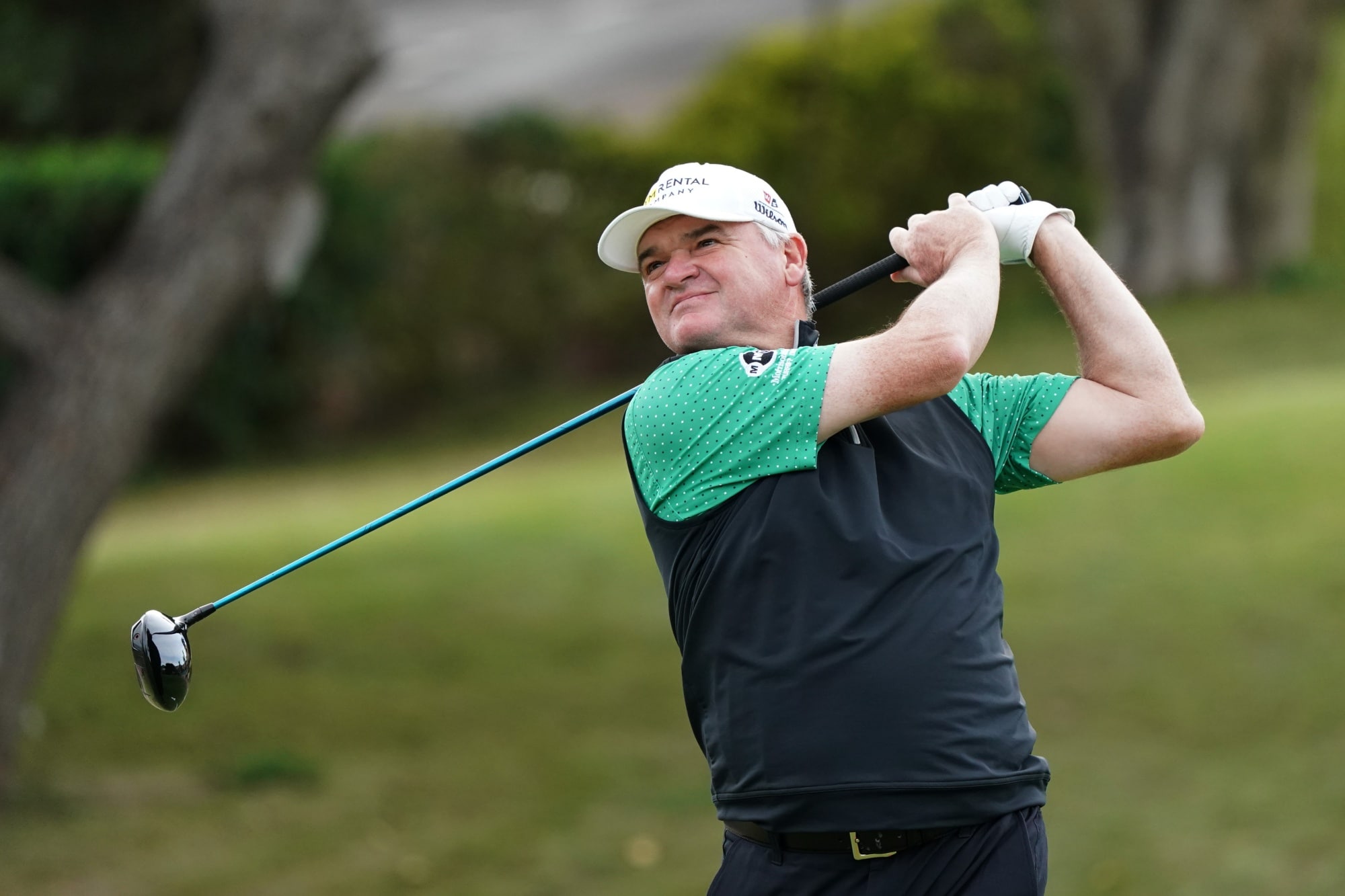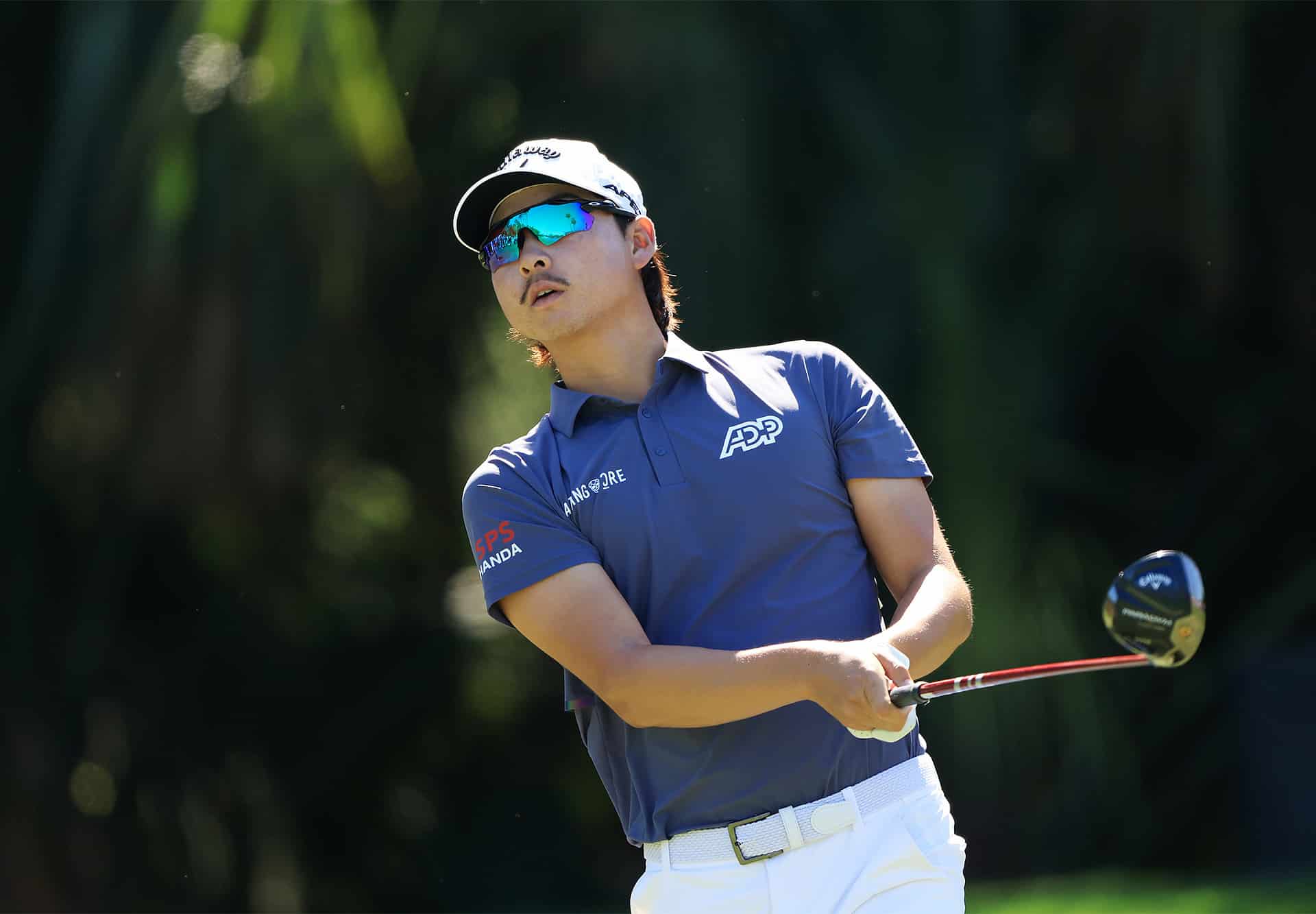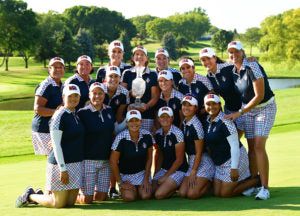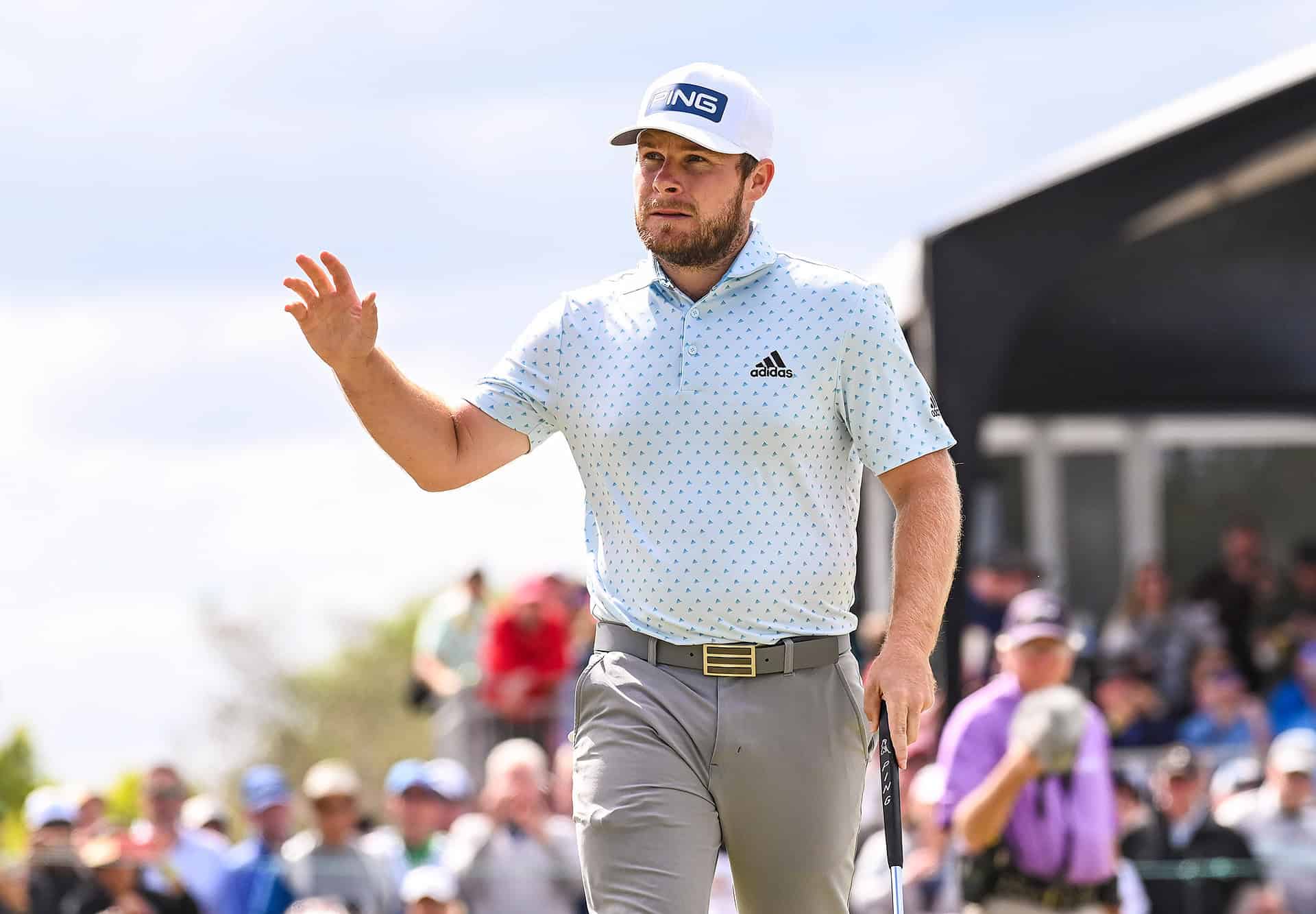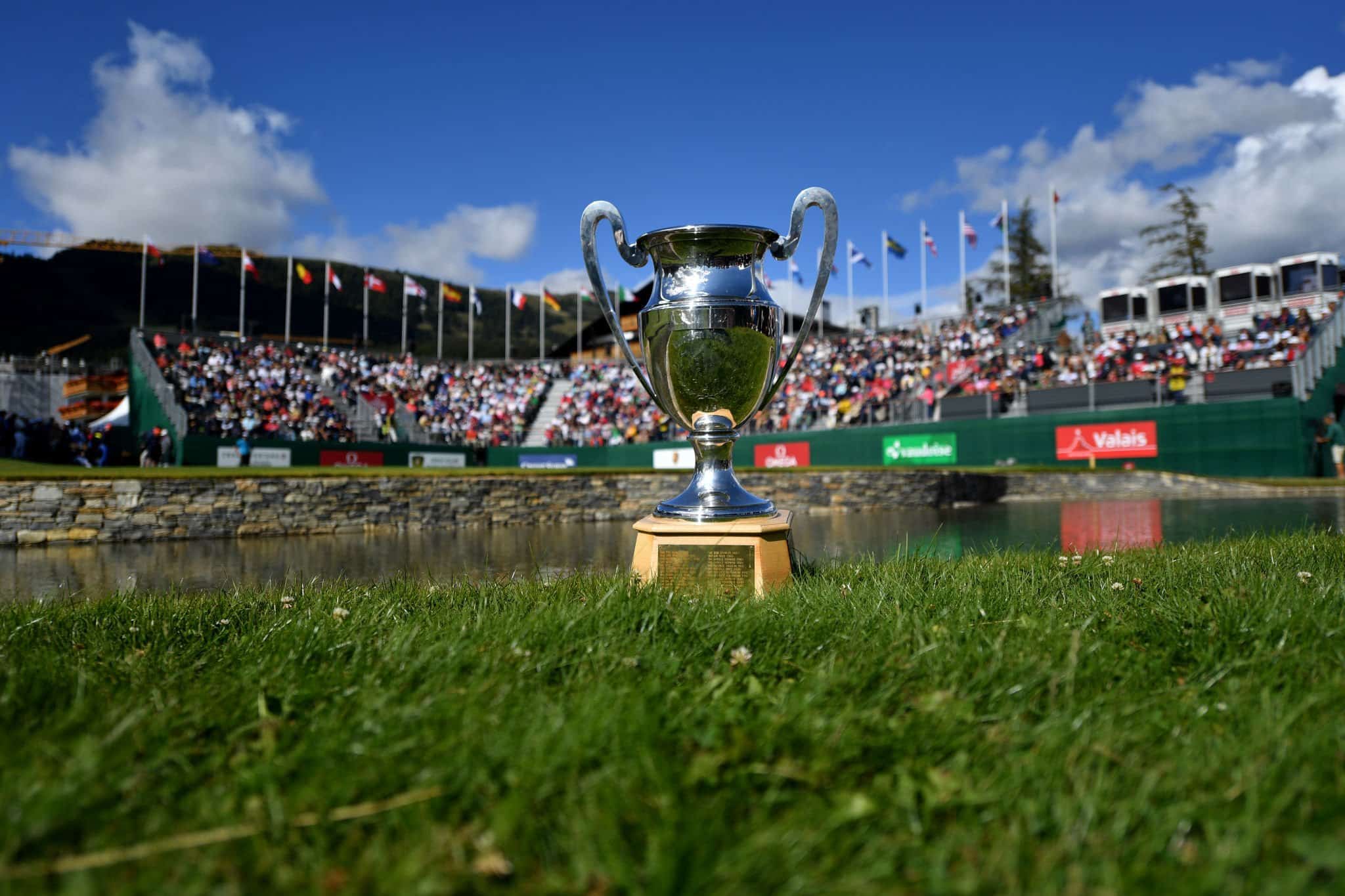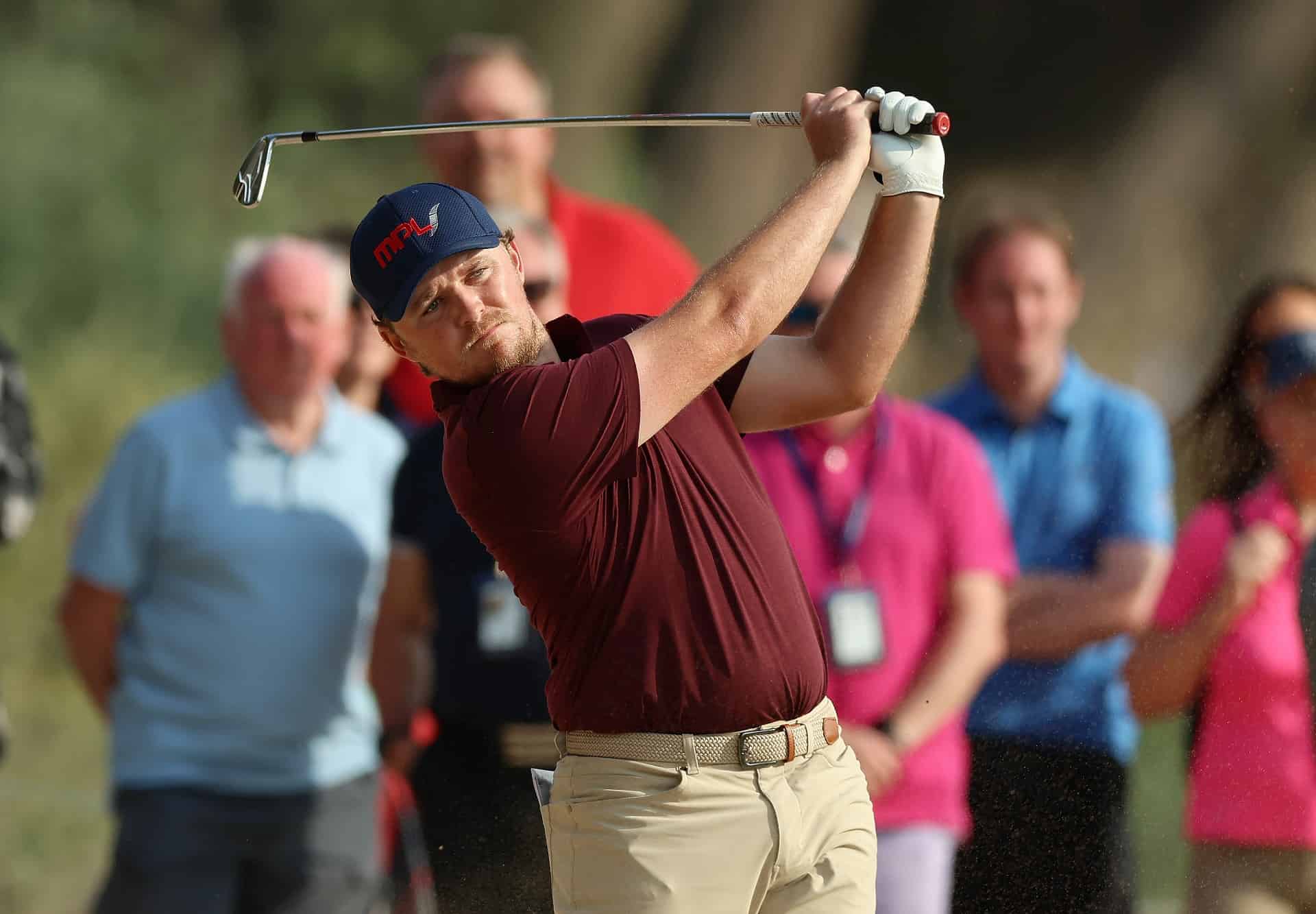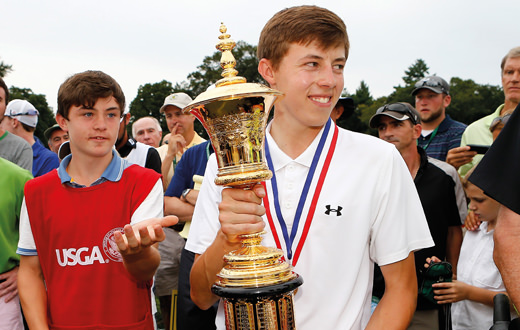
In discussion: When is the best time to turn pro?
Reigning US Amateur champion Matt Fitzpatrick has opted to leave his studies at Northwestern and return home to focus on his golf – presumably with the view to turning professional inside the four years that he would have spent at university. Is this another example of a player looking to turn professional too early?
JT: I can’t help but think that if his golf doesn’t work out, he’s sold himself short of a university education which could open other doors.
DM: Having not spoken to Matt ourselves (which we hopefully will do in the coming days) we don’t really know what his thinking is. If I could briefly speculate, and that is all it is, I would say that the primary reason is that he has just not settled in America. That can happen to anyone so let’s not judge him on that basis. I do agree that with his decision it seems inevitable he will be turning pro considerably sooner than the summer of 2016, which was the plan when he headed off to college last September.
JT: It must be very difficult for a young player to travel halfway across the world to begin university life in an alien environment, so I agree that we shouldn’t judge him there. Having said that, I was sitting in the press conference that Matt gave after his Silver Medal win at Muirfield and he seemed totally set on not turning professional before 2016 – so there has definitely been a change of thinking. Even if he turns pro next year then he’ll only be 20 and I just think that is very young. Many of the top players on Tour, particularly in the US, played a full college circuit as youngsters. It seems like a good way to go for talented golfers.
DM: Yes, it is true that the American way is to turn pro that little bit later and there is clearly merit in having that extra few years to mature – on and off the course. I guess what a British or Continental European amateur would say is that unless you are in the outstanding American collegiate system then you risk treading water for a year or two. Going back to Matt, of course there has been a dramatic change of plan, there’s no doubt about that. I think that everything changes when you win the US Amateur as a teenager – and it can lead you down a different path to the one planned.
JT: Having just finished university myself, you are a totally different person when you finish compared to when you started, so I certainly don’t think the maturity side should be downplayed. I guess the pleasing side to what Matt has already said is that he will play in the Majors along with the key amateur events this year and won’t turn professional just yet. There’s also talk of an invitation to the Arnold Palmer Invitational and he will play in the RBC Heritage on the PGA Tour. After those events I’m sure he’ll have a much better idea of where he is with his game in relation to those playing on Tour.
The business of when to turn pro is very tricky decision and I think anyone with an insight into it will say that there is no right and wrong answer DM: Talking more generally, the business of when to turn pro is very tricky decision and I think anyone with an insight into it will say that there is no right and wrong answer. For example, I talked to Graham Walker, lead coach of England Golf, about it last year and he told me how frustrated he gets with players who think that they can, for example, tighten up their short games once they have turned pro. His view is that you need to reach the standard and then turn pro, which sounds entirely reasonable to me.
JT: Agreed, it’s hard to argue with the suggestion that you need to be at a professional standard to make the move up. Although you can always look to improve certain aspects of your game, it must be incredibly difficult to do that in your early years as a Tour pro. I’m not sure there is particularly an ideal age to turn professional either, but I do think that you have to gain a good amount of amateur experience before you consider it. It’s incredibly difficult to make it on Tour, and history tells us than many more players fail than succeed. My own view is that you have to be sure that you can compete. Otherwise you should hold off.
DM: Yes, but don’t forget that sometimes you can miss the moment. Taking Fitzpatrick as an example, he is obviously going to stay amateur this season to take advantage of his invitations to the first three Majors – the Masters, US Open and Open. After that he will have a decision. You can assume he will be high-profile and, who knows, he might even feature on a leaderboard or two. That’s when sponsors are interested and places will be on offer in lucrative fields on both sides of the Atlantic. Should he remain amateur for another year and then decide to turn pro, it might be a very different story and he could be out of the public eye by then. So it isn’t as simple as is often made out.
JT: I completely agree. There’s no way that he would even think about turning pro before playing in three Majors, and if he plays in a couple of pro tournaments and does well then he should certainly look at it because as you say, the sponsors will come calling. I think the key point for Fitzpatrick will be when he defends his US Amateur title this summer. If he puts another good performance in there having competed well in the Majors and invitational events then I’m not sure anyone could say he shouldn’t turn pro. It’s all a question of timing but making sure you don’t go too early and take on the challenge of competing on Tour before you are ready.
Tom Irwin

Tom is a lifetime golfer, now over 30 years playing the game. 2023 marks 10 years in golf publishing and he is still holding down a + handicap at Alwoodley in Leeds. He has played over 600 golf courses, and has been a member of at least four including his first love Louth, in Lincolnshire. Tom likes unbranded clothing, natural fibres, and pencil bags. Seacroft in Lincolnshire is where it starts and ends.



